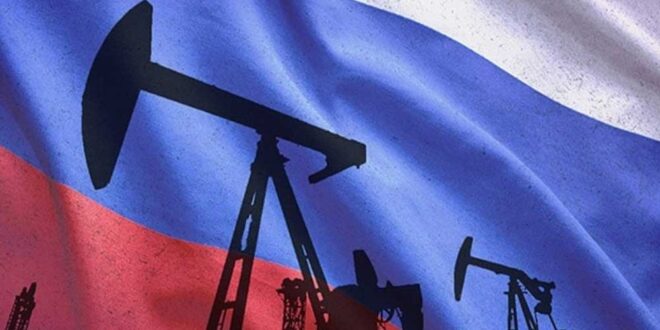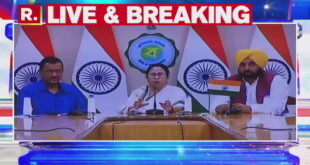Cash-strapped According to media reports on Sunday, Pakistan is making concerted efforts to buy Russian crude oil for $50 per barrel, at least $10 per barrel less than the price cap set by the G7 nations as a result of Moscow’s invasion of Ukraine.
Currently, the price of a barrel of crude oil is USD 82.78.
Pakistan, which is presently struggling with a high external debt and a depreciating local currency, desperately needs cheap crude from Russia at a reduced price.
According to The News, Moscow will respond to Pakistan’s request for discounted crude oil once it has satisfied all the requirements, including payment methods, shipping costs with premiums, and insurance.
Cash-strapped According to media reports on Sunday, Pakistan is making concerted efforts to buy Russian crude oil for $50 per barrel, at least $10 per barrel less than the price cap set by the G7 nations as a result of Moscow’s invasion of Ukraine.
Currently, the price of a barrel of crude oil is USD 82.78.
Pakistan, which is presently struggling with a high external debt and a depreciating local currency, desperately needs cheap crude from Russia at a reduced price.
According to The News, Moscow will respond to Pakistan’s request for discounted crude oil once it has satisfied all the requirements, including payment methods, shipping costs with premiums, and insurance.
According to The News, Pakistan will first import one Russian crude oil ship to gauge landing costs.
Pakistan announced that it would pay Russia in friendly currencies like those of China, Saudi Arabia, and the United Arab Emirates because it is experiencing a liquidity crisis involving the US dollar.
After the Pakistani delegation requested a price reduction in December last year, Russia refused to give Pakistan a 30% discount on its crude oil.
Most of Pakistan’s imports are made up of energy. The country will benefit from cheaper oil from Russia by being able to control its growing trade deficit and balance-of-payments crisis.
Any short-term or long-term agreements with Russia to purchase crude and oil products at discounted prices would help ease the nation’s financial burden as Pakistan continues to experience a severe lack of foreign exchange reserves.
According to estimates from the State Bank of Pakistan, Pakistan’s foreign exchange reserves have increased to USD 4 billion from a critically low level of USD 2.9 billion just a few weeks ago. This is happening even as the nation eagerly awaits the USD 1.1 billion in funding tranches from the International Monetary Fund.
The reserves were approximately USD 10.309 billion at the beginning of the fiscal year on July 1, 2022, a decrease of USD 7 billion in just seven months.
Last year’s devastating floods submerged a third of the nation, forced more than 33 million people to flee their homes, and battered Pakistan’s fragile economy with losses of USD 12.5 billion.
 India One News
India One News





